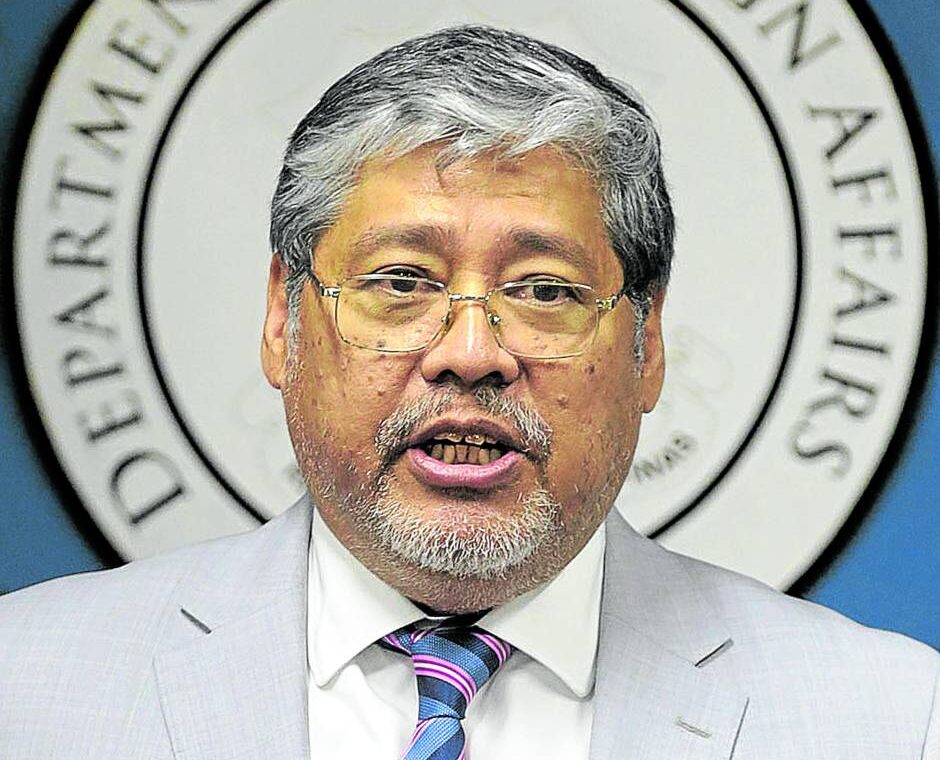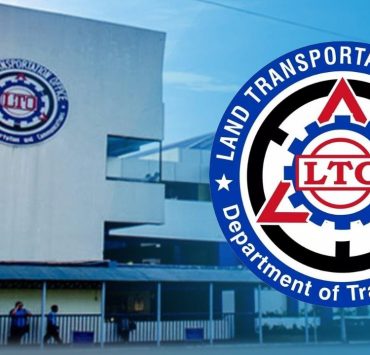‘No base’ clause a must in PH-Japan pact

Japan is not seeking to establish a permanent military base in the Philippines under the newly signed access deal between the two countries that allows the entry of military troops and equipment into each other’s territory, a Japanese diplomat said on Monday.
In an interview with journalists on Monday night, Deputy Press Secretary Mariko Kaneko of Japan’s Ministry of Foreign Affairs said the Reciprocal Access Agreement (RAA) did not provide any legal foundation for the setup of a military base.
Section 3, Article VIII of the agreement explicitly states that: “Nothing in this agreement shall be construed as providing a basis for a Party to establish its military facilities in the territory of the other Party.”
Similar access deals Japan had forged with Australia and the United Kingdom did not feature this clause.
The 1987 Constitution of the Philippines prohibits foreign military bases in the country.
Kaneko said both parties had to include the provision during the negotiations “so that there’s no misunderstanding on both sides.”
“It only provides the procedures to facilitate the joint exercises and the temporary operation of one country’s forces. This RAA does not provide any legal foundations for a military of one country to be deployed or based permanently,” Kaneko said.
Yusuke Takagi, a Southeast Asia expert and associate professor at the National Graduate Institute for Policy Studies in Japan, said the new deal would open the door “for more substantial participation of Japan Self-Defense Force in joint exercises in the Philippines.”
“This implies an effort to institutionalize the cooperation of the two countries … In the midst of tensions in the West Philippine Sea, I believe that the agreement shows Japan’s moral support to how the Philippines is doing to deal with the threats,” he told the Inquirer.
‘Useful compromises’
Foreign Secretary Enrique Manalo said “difficult issues” emerged during the negotiations but that they were eventually resolved “due to the skill of our negotiators.”
The agreement—signed by Defense Secretary Gilberto Teodoro Jr. and his Japanese counterpart Minoru Kihara in Malacañang—was completed in a record time of eight months.
By comparison, Tokyo formalized an RAA with London in five years, and with Canberra in seven years.
“They were able to come up with some very useful compromises both in language and also in the substance of the text. So they were able to handle the difficult questions,” Manalo said during a press conference.
“At the strategic level, both Japan and the Philippines recognize the importance of this agreement. So I think that was a basic understanding from the very beginning, so that also helped facilitate the negotiations,” he added.
Late-night meetings
The first formal negotiations on the RAA were held in Tokyo on Nov. 29 to Nov. 30, 2023, and concluded in a virtual line-by-line reading of the main text, the agreed minutes and two records of discussions on June 11.
Manalo said the negotiations over the past months took place in both physical and virtual meetings. “They had late-night meetings; they also negotiated via Zoom; they also were in regular contact informally,’’ he recalled.
In a statement on Tuesday, Speaker Martin Romualdez described the signing of the RAA as a “crucial moment” in Philippine-Japan relations.
It would broaden the participation of the Japanese military in the annual “Balikatan” exercises of the United States’ and the Philippines’ Armed Forces, the House leader said.
More pacts pushed
Iloilo Rep. Raul Tupas, vice chair of the House committee on national defense and security, proposed that the Philippines consider signing similar pacts with South Korea and two of the country’s Southeast Asian neighbors.
“It is possible for the Philippines to have a similar reciprocal access agreement with South Korea … Similar pacts can be forged with Brunei and Malaysia,” the lawmaker said, noting that the enactment of the maritime zones bill could “spur pursuit of more agreements.”
Brunei and Malaysia are also claimants to the South China Sea. —WITH A REPORT FROM JEANNETTE I. ANDRADE

















